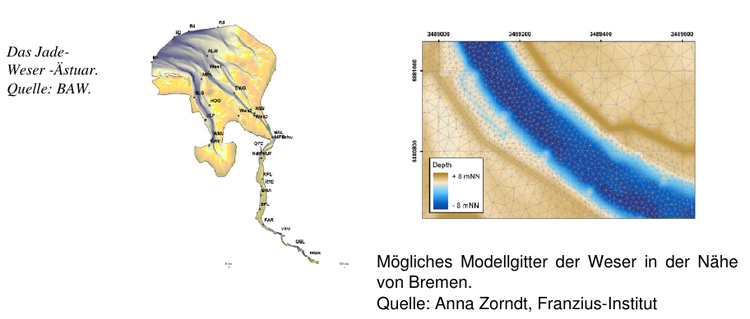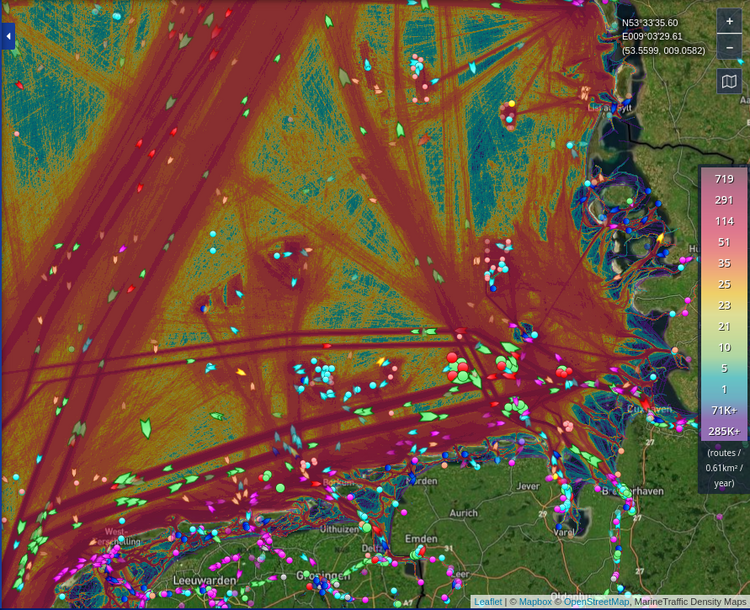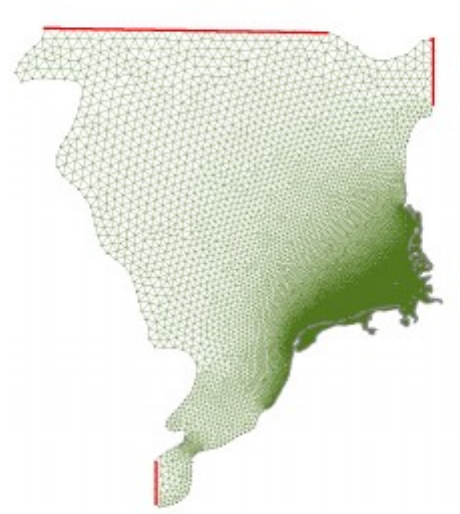Head of group

Prof. Dr. Jörg-Olaf Wolff
Tel.: +49-(0)441-798-5343
Fax: +49-(0)441-798-3404
E-Mail: wolff@icbm.de
Location:
University of Oldenburg, Campus Wechloy
Room: W15 1-106
Carl-von-Ossietzky-Straße 9-11
26111 Oldenburg
Location/Approach
Topics for Master, Bachelor Theses and Projects
The working group offers topics for Master's theses, Bachelor's theses and research projects. The examples listed below are a possible selection and can be expanded or adapted to include further topics in personal discussions.
If you are interested, please contact Prof. Dr. Jörg-Olaf Wolff (wolff@icbm.de) or Dr. Karsten Lettmann (karsten.lettmann@uni-oldenburg.de).

![[Translate to English:]](/f/5/_processed_/3/2/csm_ICBM-Logo-transparent-_91fe1c6774.png)


